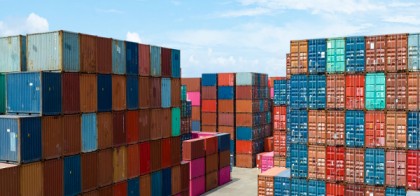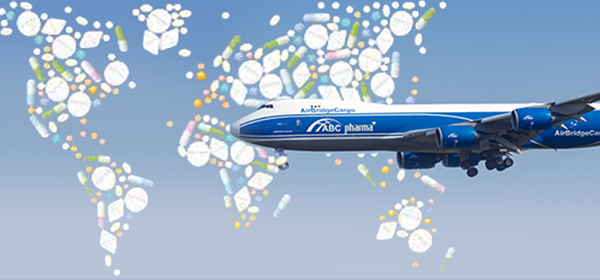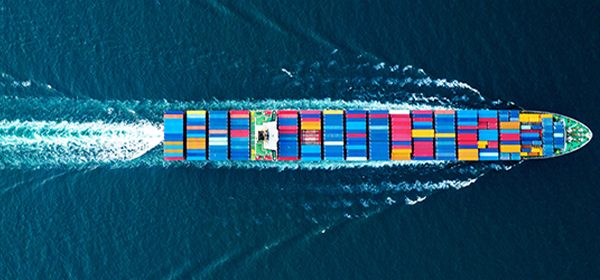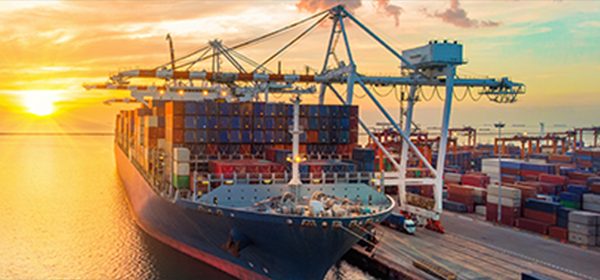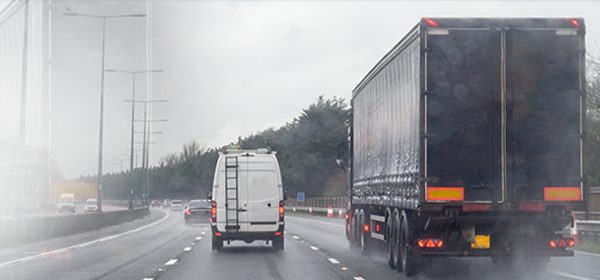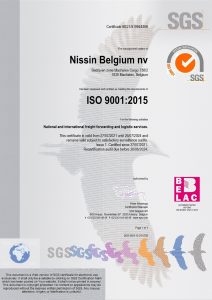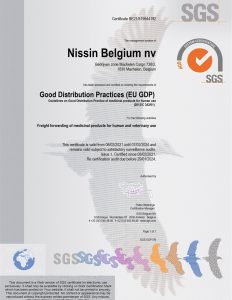What exactly is logistics?
Supply chain management, or logistics as it is more commonly known, entails coordinating the delivery of goods and services from producers to end users. Transportation management, inventory control, material handling, and product packaging are all examples of logistical services.
Businesses frequently need to pay more attention to the importance of logistics. No matter how big or small, every company needs a solid logistics strategy. Companies that still need a logistics strategy will quickly find competing difficult.
Each element is connected to the efficient use of available means, with the ultimate goal of satisfying the client. Everything that is done to guarantee the unimpeded movement of goods from point A to point B is included in this. An essential part of any functioning supply chain, logistics involves organizing and overseeing the movement of commodities from point A to point B. Firms of all sizes and industries use logistics to move goods across geographic regions. Logistics companies strive to maintain their market leadership by always satisfying their customers’ ever-evolving needs for convenient services. Organizational logistics entail more than just the movement of goods. To use it effectively, it is crucial to know its unique advantages.
Logistics: Why is it so crucial to businesses?
1. Stay ahead of the competition:
It doesn’t matter what sector of the market your company operates in; you should always prioritize providing timely delivery of products that satisfy the needs of your target audience. You would also want to track the movement until it reaches the clients, especially with the developments that have been made in technology. However, remaining ahead of the competition to take the lead in the market is one of the most important goals a firm can have. You will stay at the top of the need for extended periods if your logistics are correctly managed.
2. Production is managed smoothly:
When logistics are well-planned, businesses can save time and money. As a result, employees will save time on tedious activities, and upper management will have more say in ensuring high-quality output.
3. Value is created with the aid of logistics:
It’s about more than quality or quantity when it comes to providing value to customers. Availability is another meaning. As improved logistics make your products accessible to a broader audience, intelligent business owners recognize its significance in attracting and retaining customers.
Logistics creates and expands a company’s value by enhancing products and ensuring their ready availability to customers. Businesses can either improve their logistical activities or hire outside help to increase customer value.
4. Preventing Loss:
Logistics guarantees that goods arrive at their destination in a timely manner and in pristine condition. Your logistics could be better if the process is plagued by delays, theft, losses, and other adverse outcomes due to poor management. Customers are always curious about any potential holdups in product delivery. Taking control of logistics is essential to achieving corporate goals and building trust among repeat clients. Considering there will be no unfavourable effects, it will only cause minor setbacks.
5. Logistics is helpful because it helps cut costs and boost productivity.
Once an afterthought in supply chains, logistics has become prominent as international trade has gained traction. Many CEOs now realize that by forming strategic alliances with companies that provide logistics services, they can significantly cut their companies’ costs.
Businesses often see significant gains in productivity once they begin using logistics outsourcing services for tasks like transport and storage. Giving these third parties control over the distribution of your products to final consumers will boost your company’s profile and make your brand more appealing to consumers.
Many organizations have boosted productivity by speeding up product distribution times after teaming up with reputable logistics providers like Nissin. The result is happier customers and a more productive workplace.
6. Enhance productivity and effectiveness by making the best use of available resources :
Good logistics ensures the timely and accurate delivery of products and services and aids in the management and optimization of resources, both of which are essential to the smooth operation and financial success of a company. Maintaining accurate stock levels guarantees that needed materials are always on hand. Many businesses, for instance, are implementing automated systems to facilitate the transport and processing of products. The fastest possible packing of items and the best possible utilization of warehouse space are both made possible with the help of automated machinery like Automated Guided Vehicles. Using cutting-edge technology, companies may streamline their warehouse processes and keep track of their stock in real-time.
7. Reliability in the Customer Experience:
When a business can meet the needs of its clientele, repeat business increases, and brand loyalty deepens. This will encourage them to recommend your company to their friends and family; when a business masters the art of end-to-end logistics management, the happiness of its clientele rises in proportion. Customers always look for a direct line to the company with the answer they want. Customers will prioritize the security and timeliness of their orders.
Logistics is an integral part of any business; thus, it’s always best to outsource this responsibility to experts.
Nissin Belgium provides a global presence with the adaptability and individual attention you need. We have locations worldwide as part of the Nissin logistics network. Consequently, you may take advantage of Nissin’s transport knowledge on a global scale. Your items will receive the utmost attention no matter where they are.


